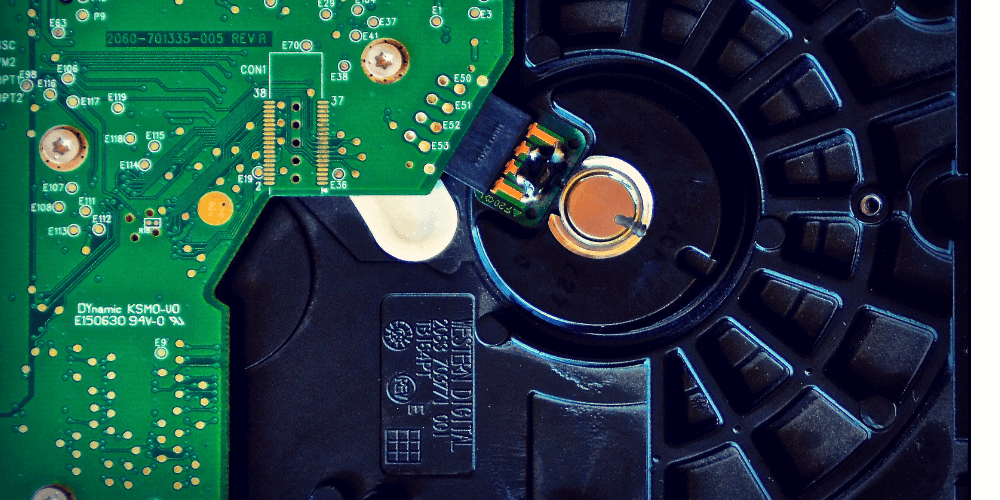
Seagate Technology Plc and IBM have today announced that they are working together to reduce global hard drive counterfeiting using blockchain technology.
Figures from the International Anti-Counterfeiting Coalition (IACC) estimates that global trade in counterfeit and pirated goods amounts to $1.77 trillion. With such a prevalent problem impacting manufacturers, integrators, and businesses, such as data loss and higher warranty costs, a solution is needed to tackle the problem.
The project between Seagate and IBM is designed to do just that.
Speaking to CoinJournal, Christophe Begue, director of electronics industry for the Americas Group at IBM, said that the blockchain provides an “immutable record of an object of value throughout its entire lifecycle, so that no single party can change or append the data without consensus of the network,” adding:
“This ensures that all permissioned parties on the blockchain have a shared version of the truth throughout a hard drive’s lifecycle – having full transparency into the asset and enabling a new level of trust that previously did not exist.”
Powered by Linux Foundation’s Hyperledger Fabric, Seagate will verify product authentication data on the Seagate Secure™ Electronic ID (eID), at the point of manufacture, on the IBM Blockchain Platform. The electronic ID, which will serve as an electronic fingerprint, will be used to verify the identify of a hard drive at any point during its lifecycle.
With the use of the blockchain, service providers, end users, and technology vendors will be able to confirm the product’s provenance, with an immutable record of events. By doing so, it helps to reduce data loss, warranty costs, and fraudulent products while improving product assurance.
“IBM has a proven history of technology innovation as evidenced by its market leadership in blockchain technology for product provenance in various industries,” said Mark Re, senior vice president and chief technology officer at Seagate. “By combining Seagate’s innovations in product security with IBM’s blockchain expertise, we want to prove that we can help reduce the incidence of product counterfeiting in the future.”
Additionally, through Seagate’s Certified Erase it uses a cryptographic erasure technology that produces a digital certificate of data purge. This is electronically signed by the device under the Seagate Secure public key infrastructure (PKI). It is then stored on the blockchain for compliance management with global data privacy laws.
“When a client decides to no longer use a hard drive, Seagate’s Certified Erase technology wipes the drive, closing a GDPR compliance loop by ensuring responsible disposal of the drive,” explained Begue. “When this disposal takes place, Certified Erase is triggered and written to the blockchain. This ensures that even if the physical asset were to be reused, its data has been disposed of with no risk of misuse.”
The project is currently aimed at the enterprise level; however, Begue states that there is the potential to add retailers at a later date.

